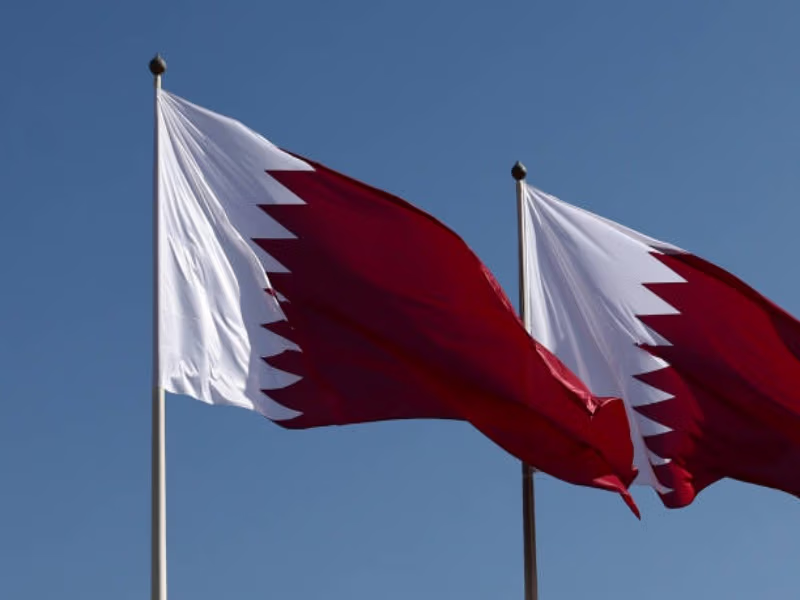In its tenth annual report, the 2025 Arab Scientific Journals Impact and Citation Report (ARCIF), confirmed that Qatar has a high position in the sphere of engineering and technology in the Arab world.
Dr. Sami Al Khazendar, head of the ARCIF initiative, a program under the Amman, Jordan-based Ma’arefa Database, clarified that the latest publication “crowns a decade of rigorous tracking of Arab scientific periodicals.” He stated that these ten-year results might “reflect steady growth in the volume and significance of research despite the challenges facing the region.”
The ARCIF teams carefully examined about 5,500 scientific journals published by 1,500 scientific institutions located in 20 Arab countries except Djibouti and the Comoros, and eight foreign countries that issue journals in Arabic.
Al Khazendar marked that ARCIF approved 32 internationally recognized criteria that were applied, and 1,272 journals out of this great number passed compliance.
Qatar News Agency (QNA) indicated that the findings of the report indicated that the analyses were made on the data of 364,000 Arab writers, comprising over 956,000 scientific articles, and the contribution of 111,000 writers was mentioned.
With results compared with the 2016 report, the number of journals increased by 367 percent, the number of articles increased by 870 percent, and a spectacular increase of 6,800 percent in the number of cited Arab authors was obtained.
Dr. Al Khazendar highlighted that ARCIF has played a significant role in bringing Arabian science appearance out “from invisible space to global recognition,” reporting that the ARCIF impact factor “has become a trusted reference for measuring the influence of Arab journals according to international indicators.”
He also indicated the growing Arab appreciation of the importance of publishing in Arabic as a way of creating knowledge and supporting innovation.
Algeria dominates in accredited journals, and Egypt’s overall influence
Algeria was ranked as one of the Arab countries that had the greatest number of accredited journals (426), followed by Egypt (364), Iraq (122), Saudi Arabia (75), and Jordan (45) in the general ranking. In the general impact factor, Egypt was ranked first, and then Saudi Arabia.
On the specialized level, Qatar was leading in engineering and technology, and Egypt was leading in economics, social sciences, education, law, and media.
Saudi Arabia dominated in the Arabic language and literature, and Palestine scored highest in the Immediacy Index with the Palestinian Journal of Open Education and e-Learning.
In the list of cited authors, Algeria was ranked in first position with 26,834 authors, Egypt with 21,984, Iraq with 21,364, Saudi Arabia with 10,712, and Jordan with 6,098.
This part reported a considerable increase in the volume of references to Arab researchers in the region.
ARCIF impact factor is managed by a Coordinating Council, which has the representatives of the UNESCO Regional Bureau for Education in the Arab States in Beirut, ESCWA, and the Ma’arefa Database, as well as a scientific part consisting of Arab and international experts and academics from different Arab nations and the United Kingdom.






